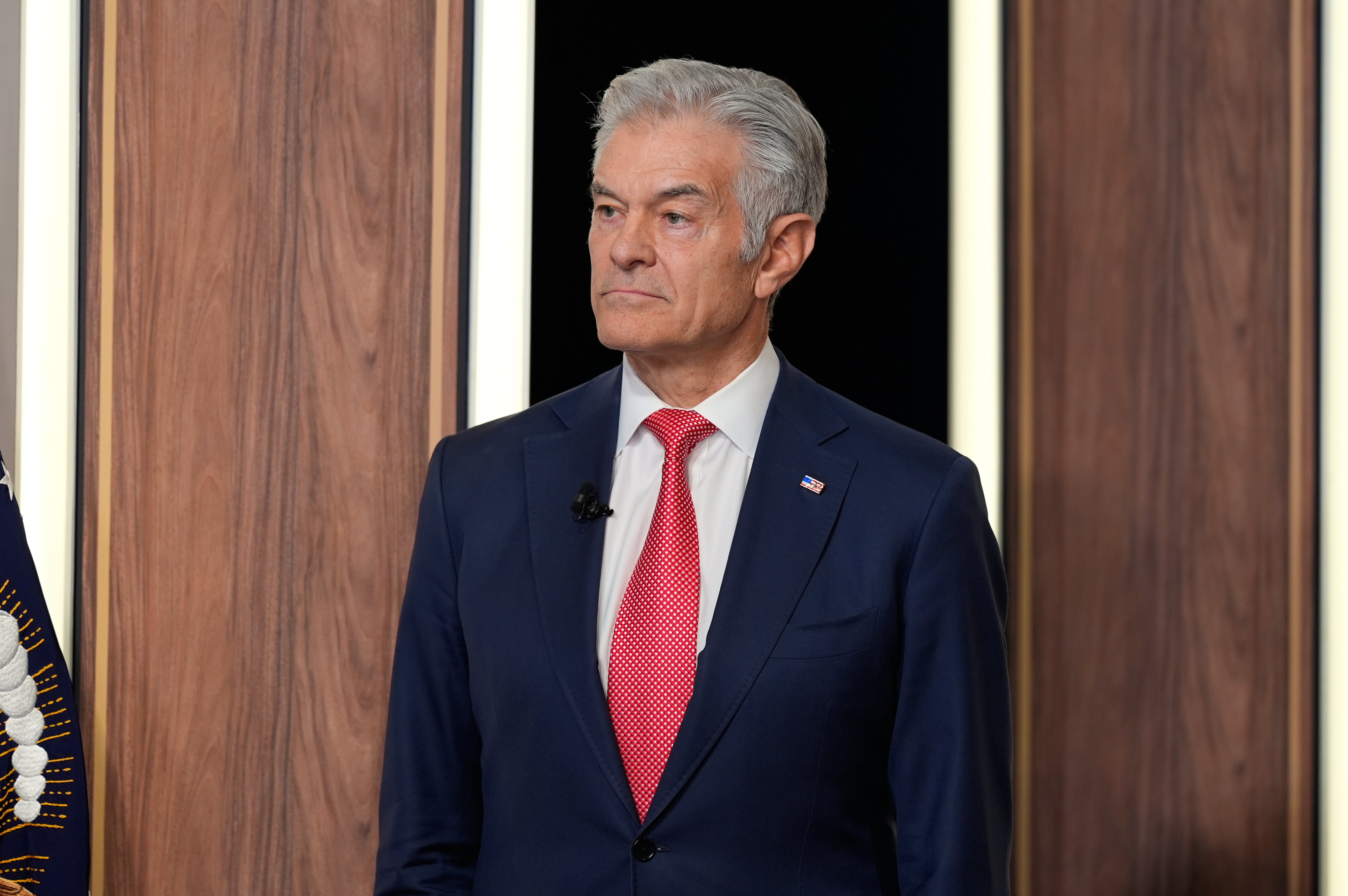White House autism research approach and Tylenol claim dehumanize Americans
President Donald Trump’s news conference this fall about autism was not about autism. Not really, anyway.
It could have been an opportunity to announce support for genuine research, further public education and encourage empathy toward neurodivergent individuals. Instead, it focused on legitimizing anti-vaccine conspiracy theories, telling women to “tough it out” and, of course, stroking Trump’s ego.
While this won’t likely be remembered as the greatest of the Trump administration’s sins, it is certainly further proof of its recklessness.
During the news conference, Trump repeatedly pointed to the increase in autism diagnosis rates as if there’s a great mystery behind it. There is not.
As Christine Ladd-Acosta, vice director of the Wendy Klag Center for Autism and Developmental Disabilities at Johns Hopkins University, put it: “What we are seeing is a gradual rise over the past 20 years due to broadened diagnostic definitions, better screening and increased awareness.”
Ladd-Acosta has a Ph.D. in cellular and molecular medicine. I trust her opinion far more than that of a guy who can’t say “acetaminophen.”
My son, Connor, deserves to have his humanity respected
My 12-year-old son, Connor, is autistic.

He’s high-functioning — he struggles mostly with impulse control and social interaction. He fixates on topics like “Star Wars,” mascots and even Los Angeles Lakers star Kobe Bryant’s death.
Understanding Connor and helping him find his place in the world is ongoing in both the micro and macro sense.
He still likes “Sesame Street” and “Daniel Tiger’s Neighborhood.” He wanted a Daniel Tiger backpack for seventh grade, which was something of a quandary given his social struggles.
And when he had an outburst at school last year, the district tried to expel him. I had to find a lawyer and file a complaint with the Georgia Department of Education to keep him in school.
Members of our own family think Connor’s challenges stem directly from my failures as his mother. I suspect friends with neurotypical kids have at least wondered the same thing.
And if even those around us don’t understand, what hope can we have for the broader world if they now have reason to believe Connor is suffering because I took too much Tylenol while I was pregnant?
One of the most upsetting moments came when Food and Drug Administration Commissioner Marty Makary said, “If you’ve seen a kid with autism — with severe autism — it’s hard to watch.”
The idea we shouldn’t have to see or deal with neurodivergent individuals is deeply troubling. It strips them of their humanity — and suggests they shouldn’t exist.
It certainly does nothing to help the 1 in 31 children in the U.S. on the spectrum today. But neither will the initiatives of this administration, which is more than happy to spend $50 million to find a link to vaccines.
‘Gold standard science’ is a Trump-size exaggeration
Unlike the mothers who spoke alongside Trump, I do not believe this administration will release “unbiased, depoliticized, gold standard scientific research.”
The fact they coined the term “gold standard science” should be cause for suspicion.
There’s a line from Shakespeare’s “Hamlet” that says, “The lady doth protest too much, methinks.”
It has come to mean there’s typically something amiss when someone makes an overly big deal out of something. Like science so good it’s gold.
When speaking about this research, Dr. Mehmet Oz, administrator of the Centers for Medicare and Medicaid Services, added: “Mr. President, God bless you for being brave.”
If that isn’t the lady protesting too much, I don’t know what is.
Scientific fact is in the crosshairs of the White House
In all the years of doctor’s appointments, therapy sessions, prescription refills and classroom accommodations, the root cause of my son’s diagnosis is not something that has kept me up at night.
I’m far more concerned about Connor’s overall well-being — finding the right doctors, therapists, medications, school programs and activities.
I hope he’ll be accepted by his peers as they grow.
I worry about what options await after he graduates from high school if he isn’t able to go off to college.
There’s so much that could be done to help kids like my son. But oversimplifying what causes autism is not it. Neither is politicizing science or denying kids their humanity.
Almost immediately afterward, the White House updated its autism announcement, calling criticism “smears, distortions and lies.”
We’ve lived in an era of malleable truth for years. Now, scientific fact is in the Trump administration’s crosshairs.
Empathy, too, is being spun as weakness. They want us to believe making space for neurodivergent individuals is another failed policy of the radical left.
Instead, it’s a sign of how far we have fallen.
I do not think history will look back kindly on this moment. Nor should it.
Lisa Lacy is a longtime reporter and writer based outside of Atlanta.

